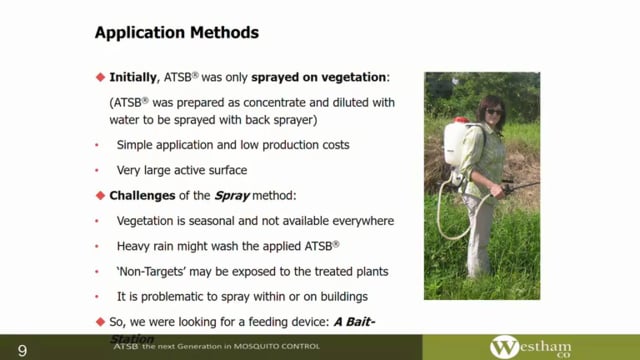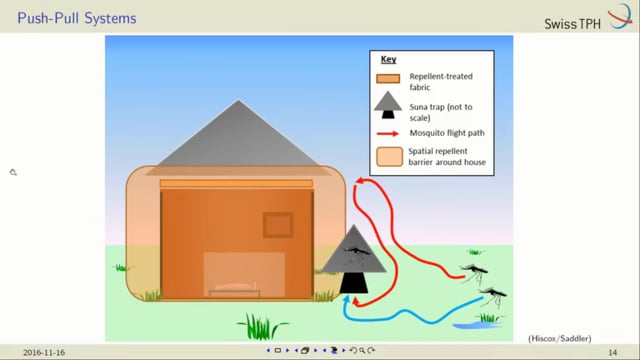Last Updated: 13/02/2025
Spatial planning of out-door traps based on knowledge of mosquito dispersal
Objectives
In this project, we want to evaluate the attractiveness of two different high-efficiency traps by estimating the distance from where host-seeking mosquitoes are coming to the trap. This knowledge will feed into current models on how many traps are needed in a village for effective intervention.
We have recently shown that the local environment gives each mosquito a unique bacteria profile, so that the microbiota of an insect works as a proxy for where it has been. With this information we are able to clearly distinguish spatial dynamics in populations of malaria mosquitoes using a very small number of insects. The estimation of how the mosquitoes travel will give suggestions of how to spatially plan locations of buildings in relation to mosquito hotspots so the number of malaria mosquitoes a person encounters is radically diminished. We will therefore also follow the population dynamics of malaria mosquitoes over a period of 2 years with the aim to understand flight patterns at different times of the year.
In the combat against malaria, mosquito control is a key to success as no transmission is the same as no malaria. The intensified use of impregnated bednets has led to a substantial reduction of Anopheles gambiae mosquitoes and thereby also of malaria cases with a 50% reduction of mortality since 2000. However, elimination of malaria has proven difficult due to other mosquito species sustaining the transmission of malaria parasites.
Jan 2021 — Dec 2023
$493,002


